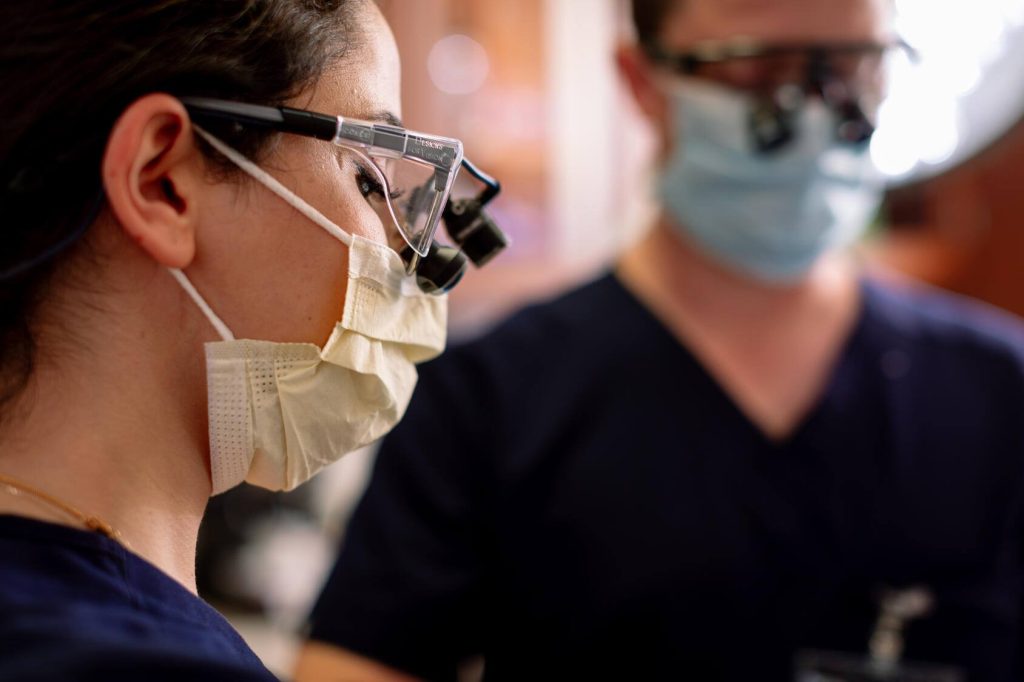-
Mayo Clinic Q&A podcast: Mohs surgery for melanoma

Melanoma is the most serious type of skin cancer. It develops in the cells that produce melanin, the pigment that gives skin its color. Melanoma is one of the most common cancer types in the U. S. Roughly 2% of people will be diagnosed with melanoma of the skin at some point during their lifetime, according to the National Cancer Institute.
Treatment for early stage melanomas usually includes surgery to remove the melanoma. Mohs surgery is a precise surgical technique used to treat skin cancer. During Mohs surgery, thin layers of cancer-containing skin are progressively removed and examined until only cancer-free tissue remains.
"Mohs surgery is essentially skin cancer removal," explains Dr. Nahid Vidal, a dermatologic surgeon at Mayo Clinic. "It's a surgical removal process that's highly specialized, where we're removing the skin cancer with a goal of not only removing all of it, but also leaving behind as much healthy tissue as possible."
Mohs surgery allows surgeons to verify in real time through pathology that all cancer cells have been removed at the time of surgery. This increases the chance of a cure and reduces the need for additional treatments or additional surgery.
On the Mayo Clinic Q&A podcast, Dr. Vidal discusses skin cancer and the use of Mohs surgery to treat early stage melanoma.
Watch: Dr. Vidal discuss Mohs surgery for melanoma.
For the safety of its patients, staff and visitors, Mayo Clinic has strict masking policies in place. Anyone shown without a mask was recorded prior to COVID-19 or recorded in an area not designated for patient care, where social distancing and other safety protocols were followed.
For more information and all your COVID-19 coverage, go to the Mayo Clinic News Network and mayoclinic.org.







